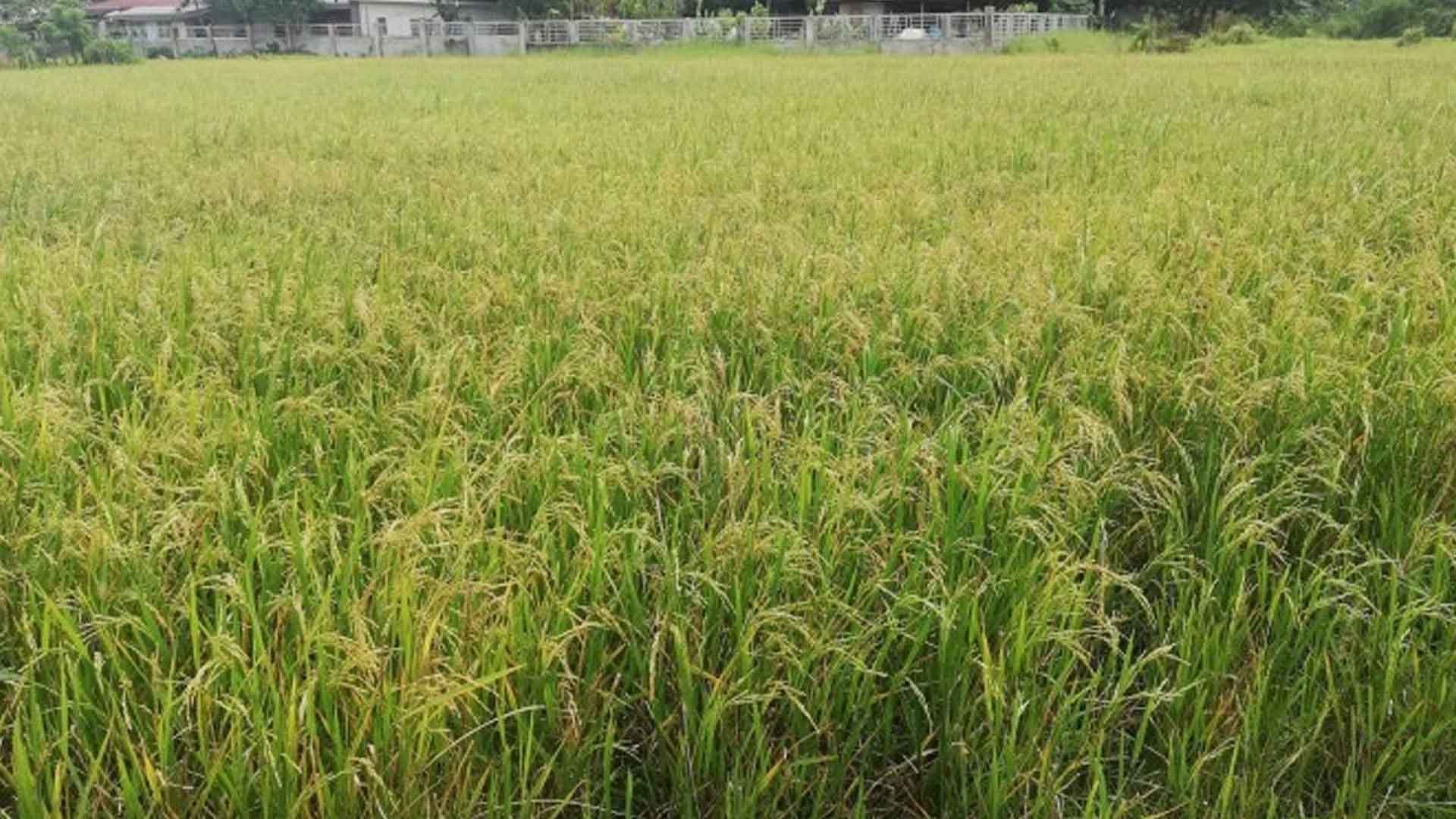Malacañang said Saturday the business agreements secured by President Ferdinand R. Marcos Jr. with Chinese firms would help reduce the prices of fertilizer, a vital part of the administration’s current bid to help farmers and ensure food security.
Two Chinese fertilizer-manufacturing companies have recently signed a cooperation agreement with the Philippine International Trading Corp. (PITC) to ensure a sustainable supply of much-needed fertilizers at reasonable prices.
“We look forward to a steady supply of fertilizer inputs needed by our farmers through these agreements,” Marcos said during a roundtable discussion with chief executive officers from the agribusiness sector in Beijing on January 5.
The President said the cost of agricultural inputs, especially fertilizers, has “become prohibitive and unaffordable for our local farmers.”
“Providing sustainable and affordable supply of inputs, such as fertilizers and seedlings, has become more difficult, given global economic challenges, as we have all seen in the supply chain problems that we have encountered,” Marcos said.
He said one way to address this is to establish cooperative agreements with suppliers so the government could buy the inputs in bulk and sell them to farmers at a lower price.
During his three-day China state visit, Marcos also secured USD2.09 billion in purchase intentions for Philippine fruits, such as durian, coconut, and bananas.
He emphasized that the Philippines’ economic fundamentals “remain strong and have been steadily improving.”
“I assure you that the Philippine government is committed to support your business activities in the country. The Philippine economic management team, including the Department of Agriculture, will serve as your focal points of contact for any concerns regarding doing business and expanding your commercial footprint in the Philippines,” he told Chinese business leaders.
He extended the invitation to look at the Philippines equally “as a valuable contributor to their global businesses and as a partner in rebuilding the economies of both our countries.”
“Our partnership is critical in adapting and recovering from the pandemic. So together, I think that we can build a more resilient and sustainable economy,” he said.
Trade Secretary Alfredo Pascual, who joined the President in the roundtable discussion, likewise urged the business leaders to look at the Philippines as an investment destination for plantation development and building of processing facilities.
He cited the expansion of the country’s market reach, as well as its participation in the Association of Southeast Asian Nations (ASEAN) Trade in Goods Agreement or ATIGA, the ASEAN-China Free Trade Area, and other agreements of ASEAN. (PNA)







